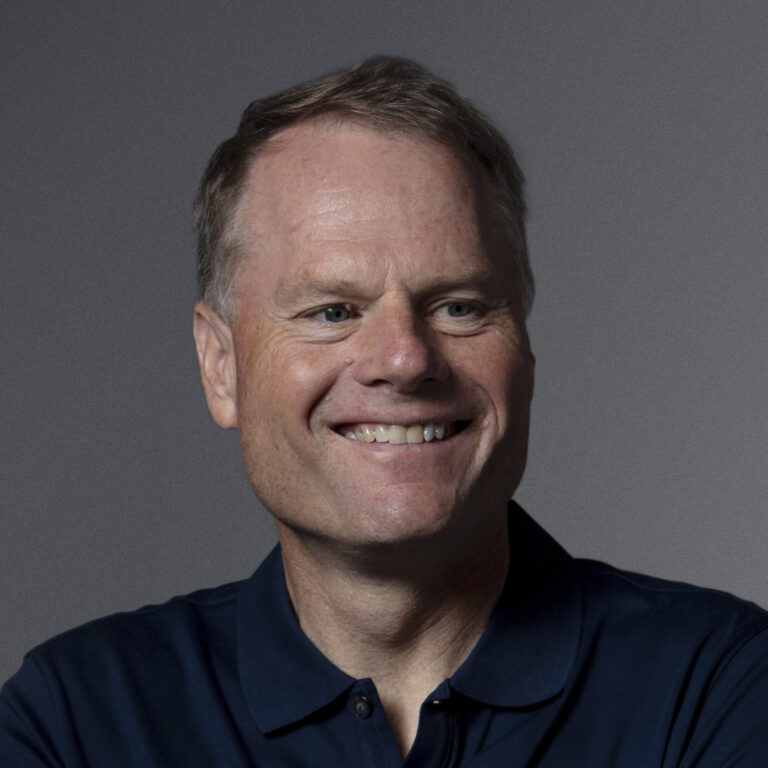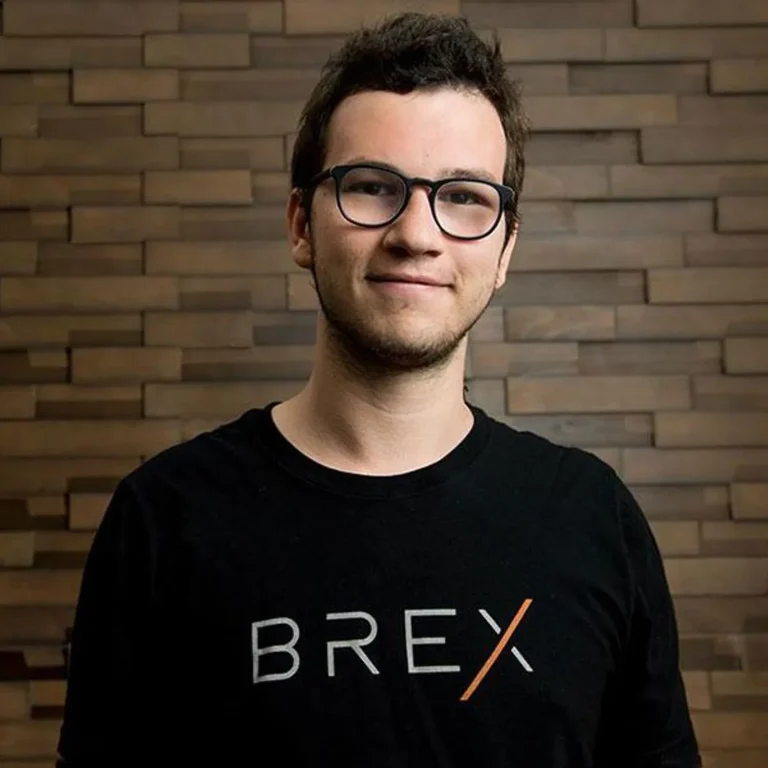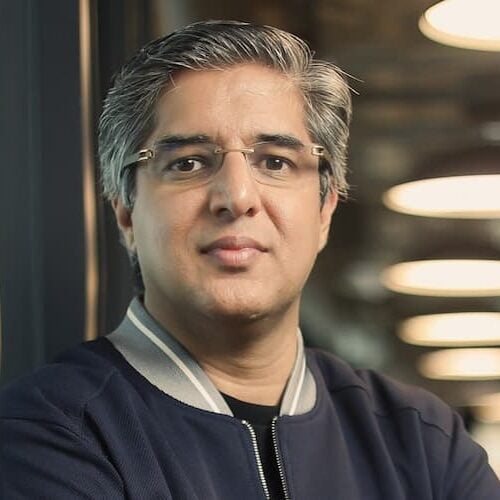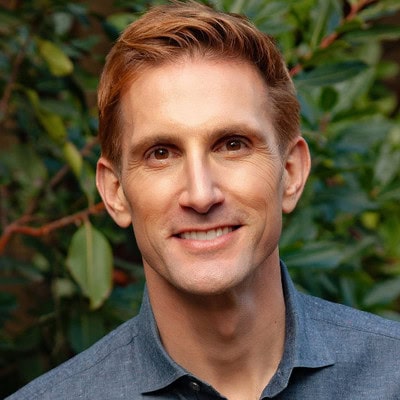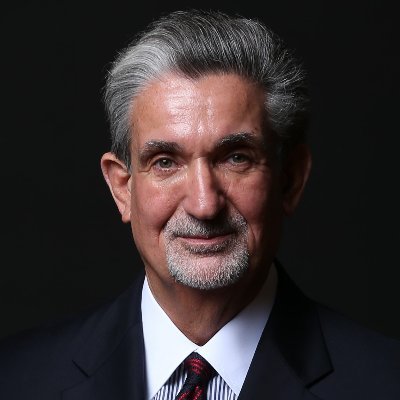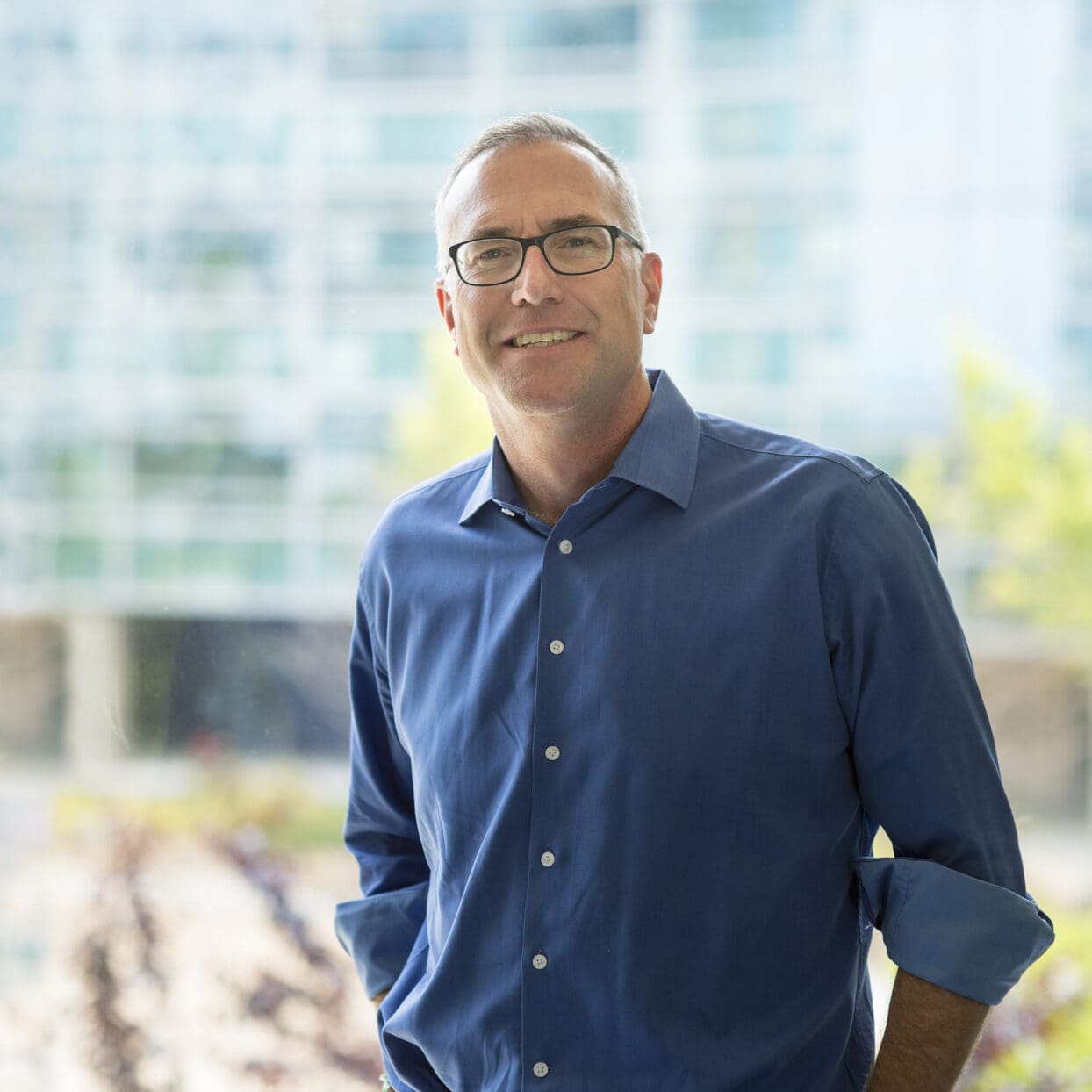
October 12, 2022
Alexander Hardy, CEO of Genentech
The Science and AI of Silicon Valley Leadership – Genentech CEO, Alexander Hardy
Pioneering the biotech industry back in the 70’s, Silicon Valley based Genentech is one of the world’s most innovative pharmaceutical companies and a leader in breakthrough lifesaving drugs, treatments, and technologies. Now part of Roche the combined entities have tens of thousands of patents and employ over 100,000 people in 100 countries who delivered over $68 B in revenue last year.
Their transformational discoveries include the first targeted antibody for cancer, and the first medicine for primary progressive multiple sclerosis. Early 2022 saw Genentech get FDA approval in ophthalmology, with a bispecific antibody for two leading causes of vision loss; underscoring their commitment to people living with retinal conditions – age related macular degeneration (AMD), and diabetic macular edema (DME).
In a world consumed by the pandemic over the past few years and the long-term ramifications ahead, a conversation with Genentech’s CEO, Alexander Hardy, on the Reboot Chronicles show was imperative, to say the least.
Playing the Long Game with a $15 B Budget
With a development budget and pipeline that looks out 10 to 20 years, and a core mission focusing on breakthrough science, Genentech “has launched twenty two drugs over the last twelve years focused on therapeutics over the most significant unmet medical needs. As a combined company, we spend $ 15 billion a year on research and development, which puts us towards the top of any company, in any industry; top in our industry in terms of investment.” Hardy emphasizes their innovation core mission by highlighting their breakthrough treatment designations given by the FDA to thirty-nine of their drugs.
“That’s a good benchmark of innovation against significant unmet medical needs, because the FDA awards those when they see innovation that’s really, really important medically. We’ve launched 22 drugs over the last 12 years, addressing significant medical issues that the world faces – from oncology, to anti infectives, to ophthalmology – because we believe that’s so important from a public health standpoint; we’re drawn to where there’s significant unmet need and it’s really challenging science.”
Leading Innovation Pipelines with Casual Intensity
Taking a long view, pushing innovation where it needs to, and optimizing where necessary is something Genentech has executed to their competitive advantage. For most public corporations, decisions would change on a dime with customer being the focus. Reflecting on this scenario, Alexander adds, “Developing a breakthrough – – against a really tough intractable disease is gonna take time, and many of our drugs have taken 20 years from discovery to patients; and there’s been a lot of trial and error during those times. Part of it is just the nature of what we’re doing; but I do think Genentech is differentiated even in our own industry by focusing on the longer term.”
“We have a very conscious decision as a leadership team that we don’t focus on the quarter or the year. We focus on the next five to ten years. We set really ambitious goals around the five, ten year mark. And that’s what we hold ourselves, and the organization, aligned on.”
Being part of a large conglomerate like Roche has been a great win for Genentech. “It was brilliant the way Roche handled the acquisition and integration of Genentech. Our greatest assets are our people, and as a company, we’ve done a phenomenal job of sitting in the sweet spot between academia and industry” says Hardy. “There’s a lot more that binds us together culturally than that sets us apart. No matter what your role is at Genentech, you are oriented towards that passion for following the science. And everybody is focused on the patients.”
Computational Biology and AI
As for AI, machine language and predictive analysis as it relates to discovery and development phase—there’s lot of promise for data and analytics in life sciences. Exciting discovery/understanding of biology and genomics, coupled with ability to use advanced analytical techniques to perform data interrogation is something to be understood and entangled in for the future. Cutting into innovation times or helping improve success rate can be a blockbuster and novel change for the industry. In an industry where technology disruption is perhaps the latest, harnessing power of data in all its form is key, and like Alexander says, “it’s changing our industry very much for the better; it’s gonna change research and development and how patients experience interacting with the industry in a really positive way.” A biotechnology giant pursuing groundbreaking and transformative therapeutics can only deliver more with data science at its disposal.






